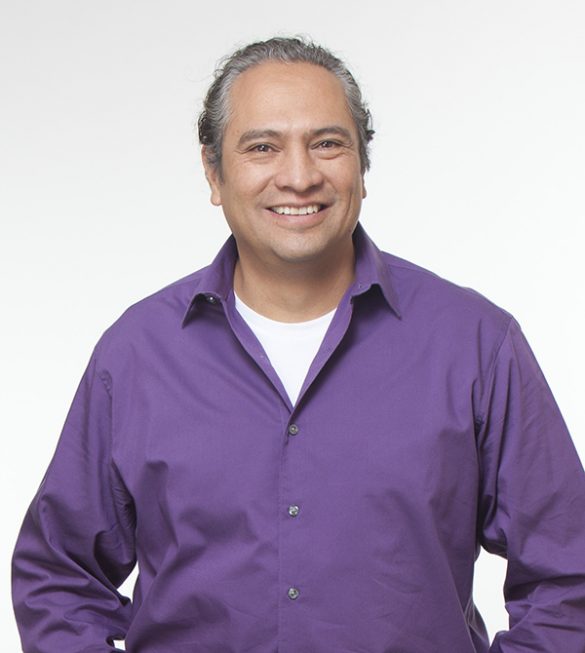FACULTY
Francisco Valero-Cuevas, PhD

Professor
1540 Alcazar St., CHP 155,
Los Angeles, CA 90089-9006
The Valero Laboratory, directed by Francisco Valero-Cuevas, is dedicated to understanding the biomechanics, neuromuscular control and clinical rehabilitation of complex neuromuscular systems such as the human hand. Toward this end, he and his team employ a synergy of experimental and theoretical techniques. This diverse experimental arsenal ranges from EMG recordings and custom-made virtual reality modules to human brain mapping with fMRI. These procedures in turn inform theoretical work to characterize neuromuscular function through rigorous and complete neuromuscular computer models, artificial intelligence and nonlinear systems analysis.
The lab focuses on the fundamental mechanisms of interactions between the brain and the body that give rise to versatile physical function. His team’s conceptual approach is that machines and organisms are part of a continuum of solutions that have evolved to respond to the demands of the physical environment. They differ only in their means to respond to these demands. Therefore, the apparently separate fields of neuroscience, computation and modeling, biomechanics, manipulation, robotics and clinical research (which have historically been mostly studied in isolation) can be combined and applied to the grand challenges of reverse engineering neuromuscular systems to understand the neuromechanical basis for versatile physical function, improve clinical restoration of function and create innovative and versatile machines.
Dr. Valero-Cuevas’ laboratory insists on anatomical and neurophysiological fidelity, mathematical and computational rigor and clinical usefulness. More specifically, a rich mixture of behavioral, experimental and conceptual tools enables the theoretical and experimental lines of research and development in the laboratory. These projects include studies of able and impaired human function, electrophysiological recordings from muscles and the brain, structural and functional MRI and novel virtual reality environments. The conceptual basis of this work comes from computational neuroscience, linear systems theory, nonlinear dynamics, machine learning, control theory and computational geometry. More recent applications range from novel clinical measures of dynamic manipulation, innovative robot design and control and immersive environments for rehabilitation. His laboratory and graduate student facilities are on both the University Park and Health Sciences Campuses.
- Doctor of Philosophy, Mechanical Engineering, Biomechanical Engineering, Stanford University, 1997
- Master of Science, Engineering, Queen’s University, 1991
- Bachelor of Science, Engineering, Swarthmore College, 1988

